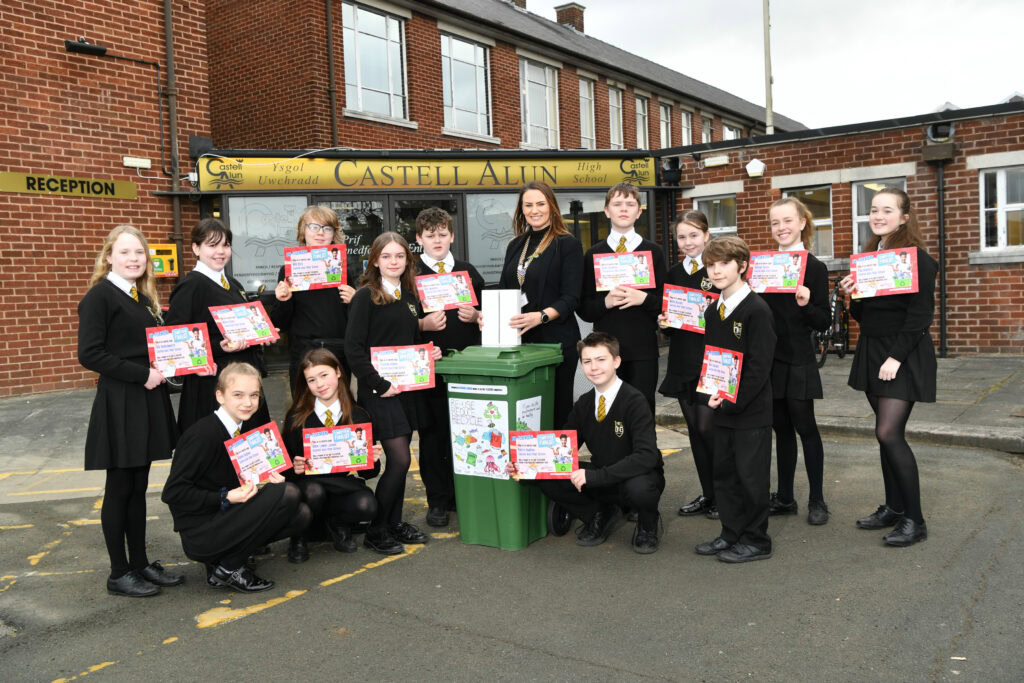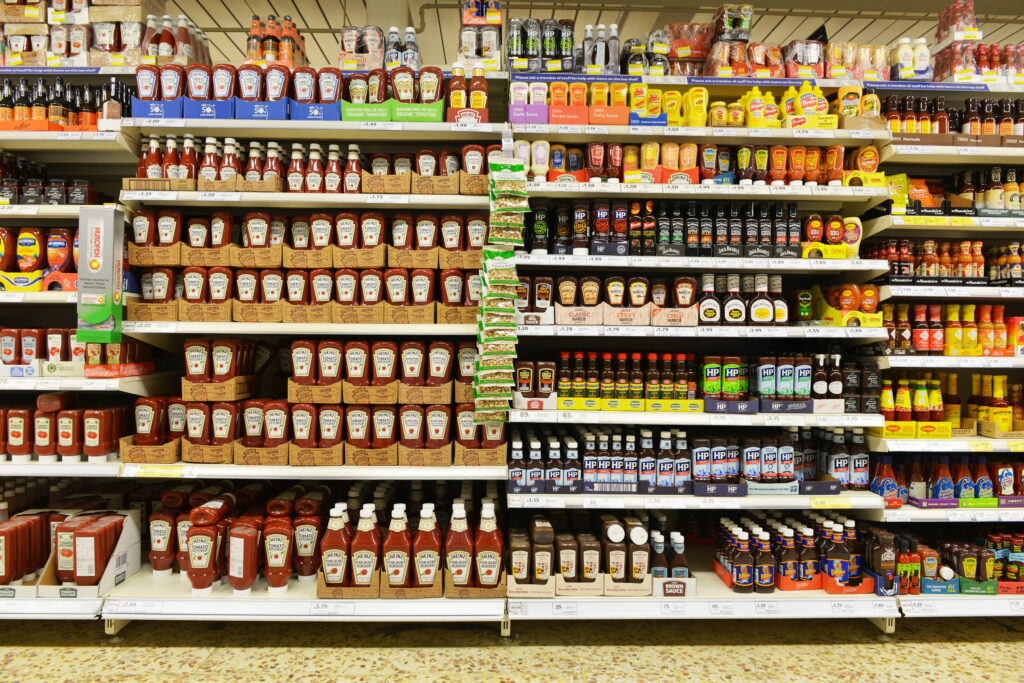Might it be that it’s harder to teach those that are more set in their ways? Or maybe, the average resident is preoccupied with everyday life and not able to realise the correlation between the way they recycle their waste and the effects on the environment?
Libby Stonell, editor of letsrecycle.com, talks to representatives from Alupro, Hubbub and Recycle for Greater Manchester (R4GM) about the value of teaching infants and young people about recycling and waste management.
So, where to start? Is there such a thing as too young when it comes to learning about waste and recycling? Where Alupro are concerned, its most successful initiatives are those aimed at Key Stage 2 and 3.
Led by fun animations, ‘Binfluencers’ for Key Stage 3 comprises lesson plans, challenge sheets and curriculum links, as well as a competition to win an iPad. For Key Stage 2, there’s ‘Masters of Infinity’ which draws on the popularity of manga comics, aiming to take children on a series of quests to develop their science, maths and creative skills.
Alupro’s Tom Giddings says that where waste education is concerned, it’s really a case of sooner the better: “Recycling is much like any learned behaviour. The earlier you can teach it, the more engrained it becomes. In essence, if we can reach pupils early, it’s possible to inspire positive recycling behaviour in the future. This is far easier, cheaper and more efficient than driving behavioural change later down the line.
And the results speak for themselves, as in 2023, 2,900 teachers downloaded Alupro’s resources, in turn, reaching 87,000 pupils.
The power of pestering
However, this isn’t to say that the learning stops come home-time, with Giddings adding: “We receive regular feedback that students are learning about recycling at school through our resources and subsequently championing it at home. They’re noticing bad habits and holding their parents to account when it comes to best practice. We’re, in essence, creating recycling advocates from a young age.”
R4GM is a brand created by Greater Manchester Combined Authority (GMCA) and Suez, offering free MRF tours to children above the age of seven. Education officer Alison Fare at R4GM agrees that there is great power in children going home and, for lack of a better word, pestering their parents or guardians to change behaviours. “With primary school children, we say ‘we’ve turned you into a recycling champion, now you need to go home and tell your adults how to do it.'”
And how can schools and local authorities ensure that recycling and waste management remains a “fun” thing, rather than something potentially quite heavy?
Giddings says: “We need to make it simple. One of recycling’s biggest obstacles is the perception that it’s complicated, full of caveats and time consuming for homeowners. To tackle this, we paint the true picture and explain just how easy it really is to recycle – in a way that pupils can really buy into.
“Next, we need to make it relevant. Take our Masters of Infinity programme, for example. We designed the whole campaign to tap into the growing popularity of manga comics. Yes, recycling can be a heavy subject, but we’re always looking for new ways to make it digestible.
Finally, we need to explain the benefits. The idea that yesterday’s waste can be turned into tomorrow’s resource is a really powerful message – and one that really resonates with young people!”

Gen Z and excessive e-waste
Fare raises a valid concern though, that teenagers are the hard demographic to reach when it comes to recycling and waste education: “You get them back in their late teens to early 20s, as they themselves become adults and want to affect their own environment. But that middle bit, that teenage bit, they’re always hard to get to, aren’t they?”
Gen Z have an understandable stereotype of being tech-mad, and arguably, it’s not completely their fault. A product of their own environment, young people are met with social pressures to have the latest gadget, and studies show that they give in, suggesting that they typically replace their phone around every two years.
This is where behaviour change charity, Hubbub, come in. Hubbub has partnered with Virgin Media 02 since 2020 and last year, they collaborated on a campaign, #TimeAfterTime, aimed at making Gen Z more willing and able to act on electronic waste. Hubbub worked with Virgin Media 02’s Youth Advisory Council, as well as 27 campaign partners, to organise student hackathons, drive repair and recycling schemes on university campuses, as well as connect via engaging messaging on TikTok.
As a result of the campaign, 76% of its audience are said to be more aware of how to reduce e-waste, with 81% more determined to do so.
Despite the stereotypes, Hubbub’s 2023 Time After Time E-waste report showed that Gen Z are most likely to repair their phones, pass on or sell unwanted phones and buy refurbished.
Hubbub’s Holly Smith emphasises that a lot of teenagers are simply not aware of what e-waste means: “Our polling and focus groups revealed one indisputable thing: the public aren’t clear on what e-waste is, let alone the acronym WEEE. Young people associated the word ‘waste’ with plastic, and there was confusion if the ‘e’ meant that e-waste was digital, imagining folders full of spam emails.”
Smith continues: “E-waste is a truly global and intertwined topic, so it needs time and careful explanation. Many of the themes of pollution, human health, trade routes could fit within a school curriculum and be given the sensitivity and gravity needed by a teacher. Only so much can be communicated in a TikTok video! In fact, after learning about e-waste, our focus group participants expressed their frustration, one participant said: ‘how are we supposed to know about it if we aren’t told?’”
Free resources
Schools and local authorities wanting to teach children and young people about recycling and waste don’t have to have masses of money to do so. Giddings adds: “We appreciate the budgetary pressures that schools face and, therefore, are committed to offering our educational resources completely free of charge. This often comes as a surprise, but there really is no catch.”
While a lot of R4GM’s learning resources are specific to Manchester, it also offers a variety of useful content for schools and local authorities, including downloadable activities, games and information sheets.
And for those that are slightly older, Hubbub have put together a free-to-use university comms pack for communicating e-waste. Smith adds: “Another great resource is non-profit Material Focus, who run the e-waste recycling locator and often share e-waste focused campaigns.”
Giddings concludes: “Our vision is for every school in the country to integrate recycling into the curriculum and teach it from a young age. This, alongside wider awareness campaigns and best practice guidance, will make a notable impact on national recycling rates.”










Subscribe for free